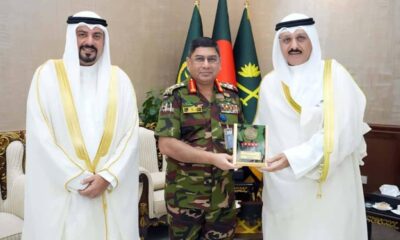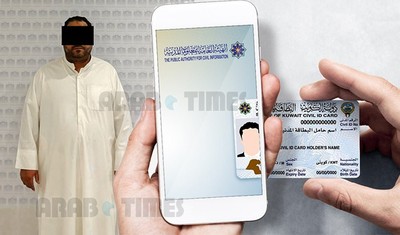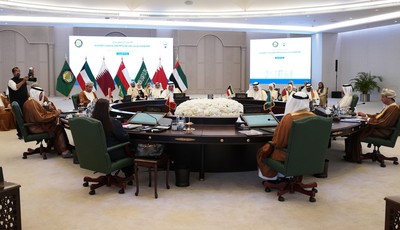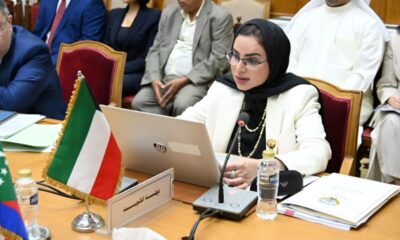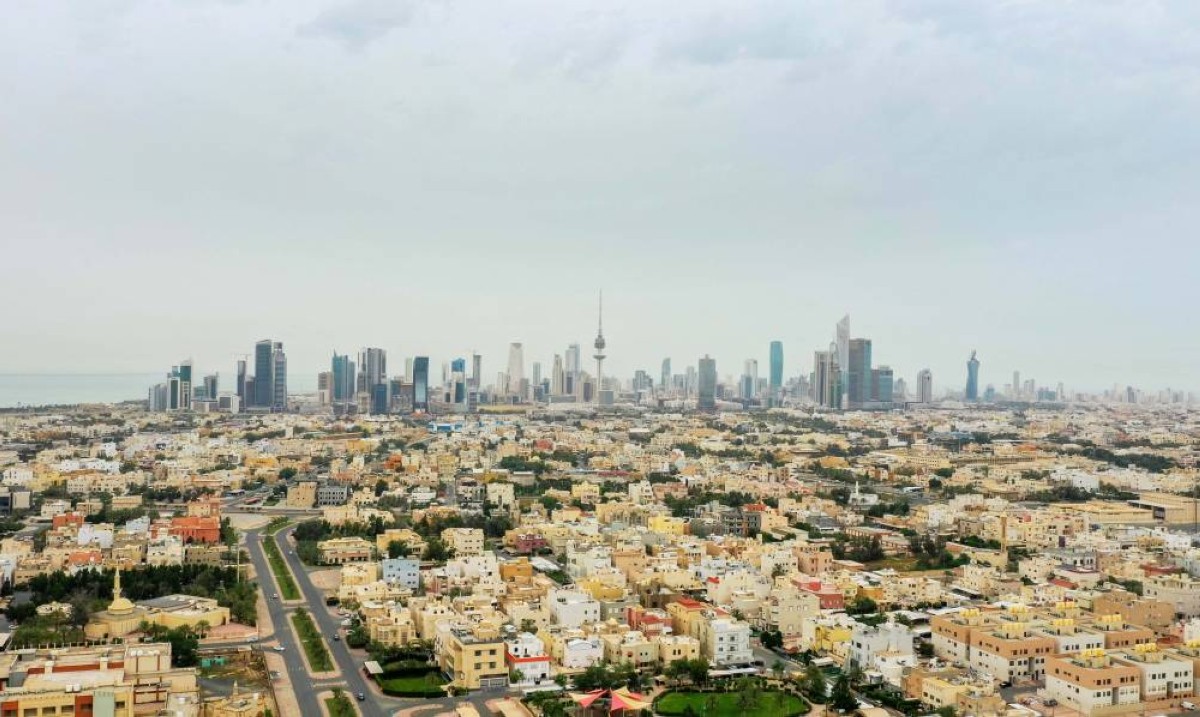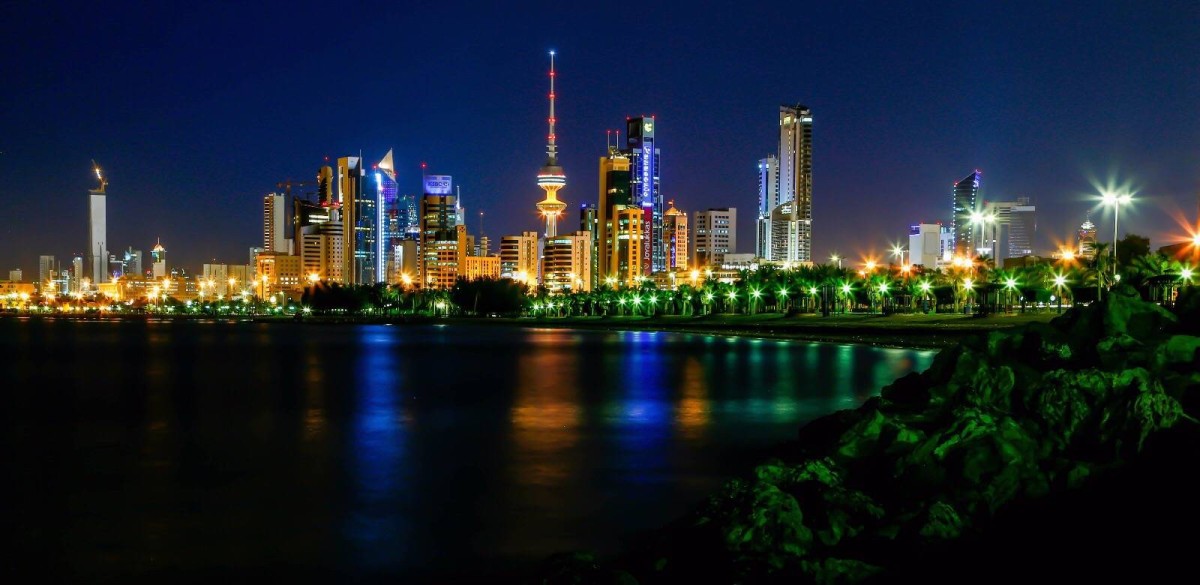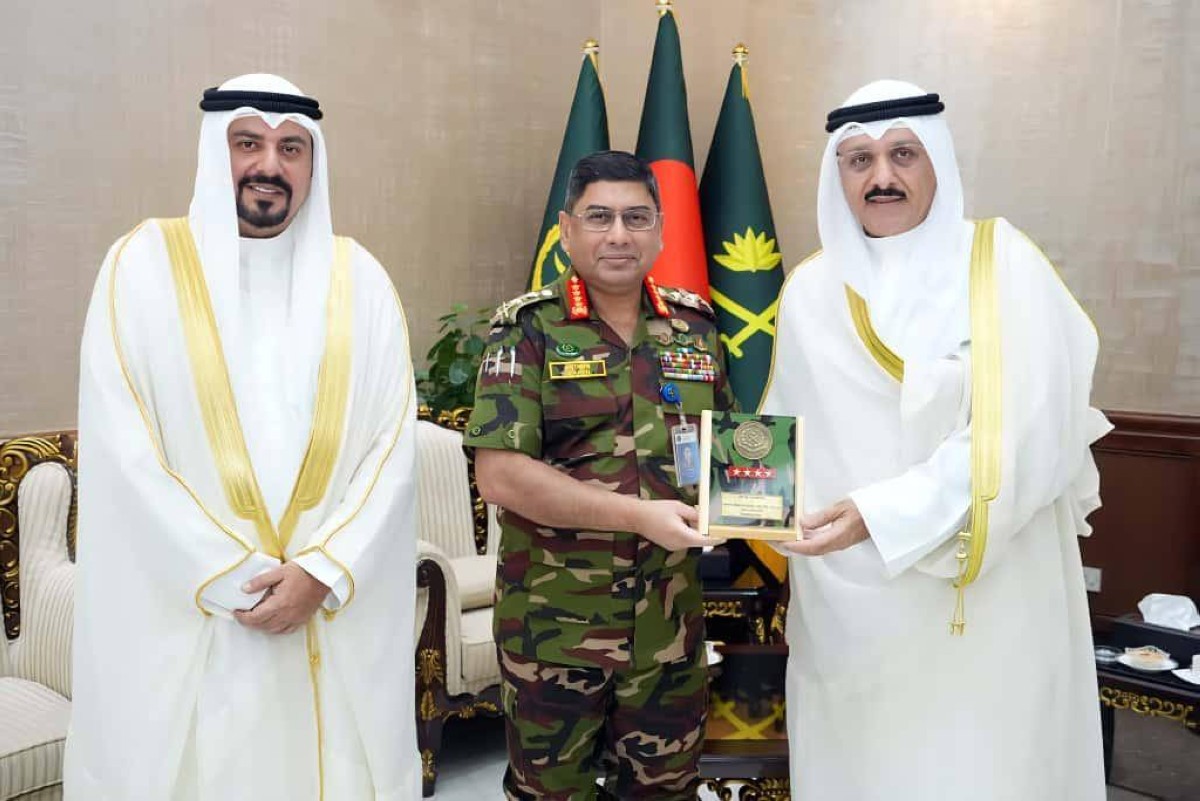Latest News
Kuwaiti poet Ahmad Al-Adwani named 2025 Arab Culture Icon

Latest News
Panel to set expat property rules
Latest News
Today in Kuwait’s history | Kuwait Times Newspaper
Latest News
Kuwaiti diplomat, Bangladeshi Army Chief discuss military cooperation
-

 Latest News15 hours ago
Latest News15 hours agoKuwait leads region in government AI adoption, hosts Microsoft summit
-

 Latest News14 hours ago
Latest News14 hours agoDr Al-Awadhi honored with 2025 Gulissano Int’l Health Award
-

 Politics23 hours ago
Politics23 hours agoKuwait Defense Ministry Duo Nabbed After Savage Mugging of Expat
-
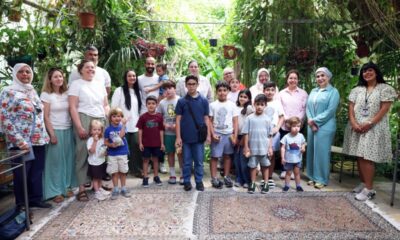
 Latest News22 hours ago
Latest News22 hours agoEmbassy celebrates Canadian Thanksgiving and Urban October
-
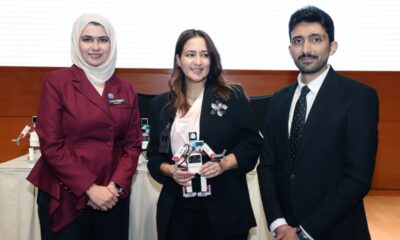
 Latest News17 hours ago
Latest News17 hours agoWorld Robot Olympiad program empowers youth
-
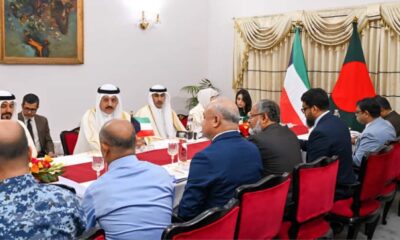
 Latest News16 hours ago
Latest News16 hours agoKuwait, Bangladesh hold first-ever consultations to strengthen bilateral ties
-
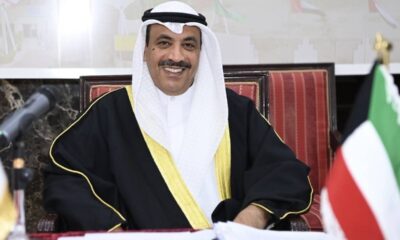
 Latest News20 hours ago
Latest News20 hours agoKuwait marks Int’l Day of Air Traffic Controller Oct. 20
-
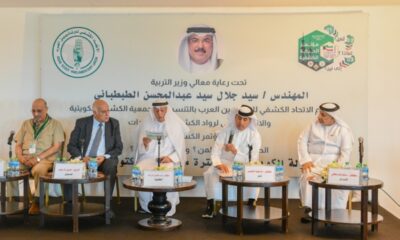
 Latest News13 hours ago
Latest News13 hours agoScout Movement Conference opens in Kuwait


